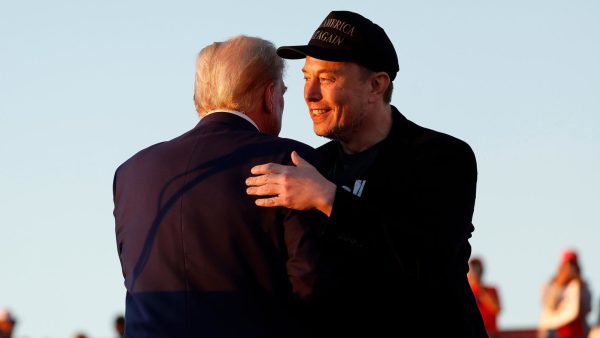The media’s portrayal of prominent figures often shapes public opinion. In the case of Donald Trump and Elon Musk, the media has a significant role in framing their relationship, more so in a negative light. While both men have enjoyed considerable influence in their fields, the media has subjected their interactions to intense scrutiny and sensationalism, which some believe is detrimental to their relationship.
In the early stages of Elon Musk’s rise to power, he and Trump maintained a somewhat friendly relationship. Musk, a high-profile tech creator, was invited to join Trump’s advisory council shortly after his 2016 presidential election. This relationship was seen as Musk’s Tesla empire stood at the front of the electric vehicle revolution. At the same time, Trump’s administration focused on American job creation and technological innovation. Musk was seen as a valuable ally for Trump’s plan for the United States. However, Musk’s evolving position on various issues has increasingly put him at odds with Trump’s traditional political stance.
Always eager to cause problems, the media quickly turned to these tensions. Musk’s vocal criticism of Trump’s stance on climate change, particularly his withdrawal from the Paris Agreement, garnered extensive media coverage. The press quickly latched onto this conflict, positioning Musk as the more progressive figure and Trump as the villain. This narrative pushed the growing divide between the two, ignoring the strengths of their relationship instead of just seeing them as having different views.
As Musk became more outspoken on various issues, the media capitalized on his growing fame and increasing divergence from Trump on government regulation, free speech, and social media. Musk’s ownership of Twitter further intensified the media’s focus on the dynamics between him and Trump, especially with Musk’s controversial decisions regarding platform moderation and Trump’s return to the social media site. The media portrays Musk as an unpredictable leader who operates outside of traditional political norms, making it difficult to maintain the media’s portrayal of him as an ally of Trump.
Moreover, Trump has not shied away from commenting on Musk in the media, and his responses have been equally sensationalized. From dismissing Musk’s ventures to occasionally taking jabs at his character, Trump’s remarks are often spun by the media as indicators of a strained relationship. In contrast, Musk has, on occasion, appeared to criticize Trump but also expressed his admiration for his business acumen. However, the media almost always focuses on actual or perceived tensions between the two men rather than their shared interests or collaborative efforts.
Trump recently stated, “You know, they’re trying to drive us apart” regarding the media’s coverage of Trump and Elon’s relationship. This media-driven narrative results in a portrayal of their relationship that feels fractured and at odds with reality. The media’s focus on conflict often overlooks that Trump and Musk still share many common goals, including a desire for economic growth.
Despite their differences, they have occasionally found common ground on topics such as economic growth and space exploration, highlighting the’ complex and evolving nature of their interactions.









